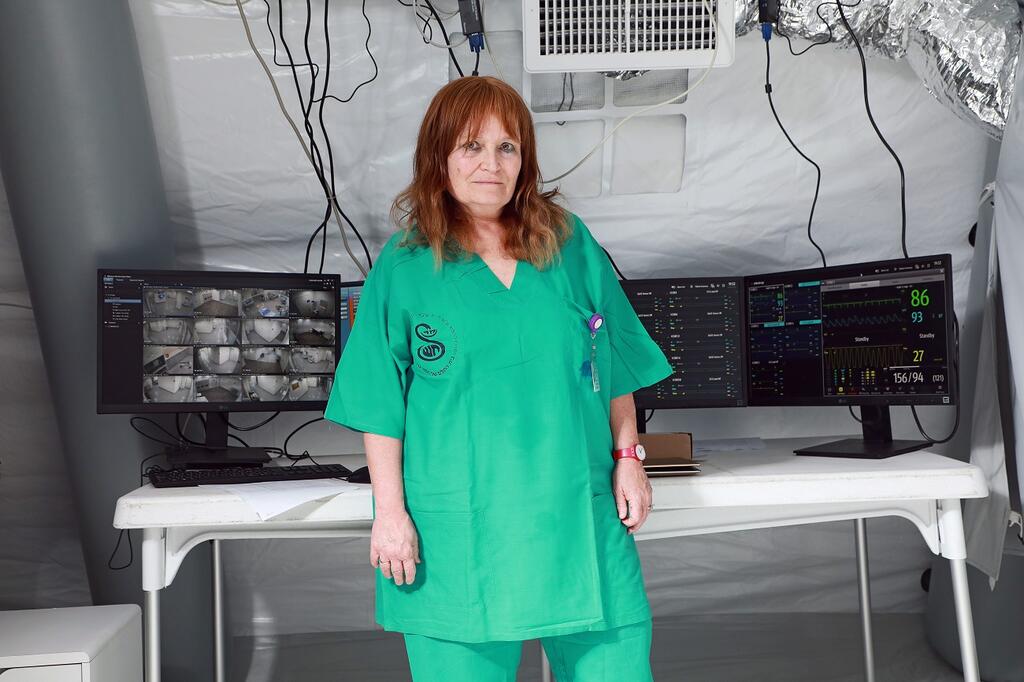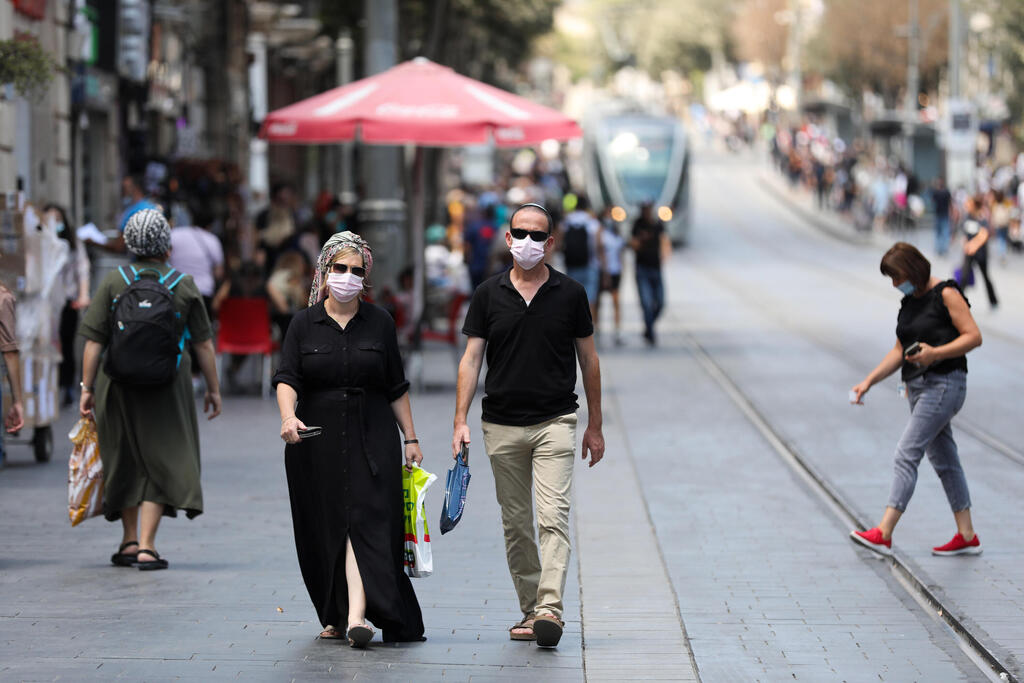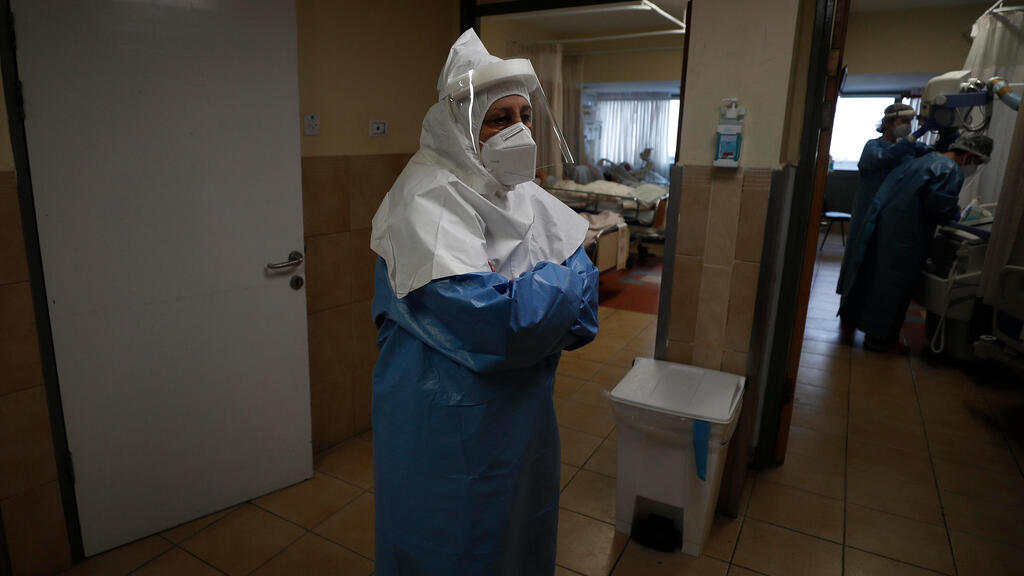Getting your Trinity Audio player ready...
The head of infectious diseases at Israel's largest hospital said Sunday that although the current coronavirus infection wave appears to be subsiding, it is too soon to declare the pandemic over.
Her remarks came after the former head of Israel's medical association said last week that COVID was now no "wore than the flu," with the COVID infection rate steadily dropping in the country.
"There is a drop in morbidity, including in severe cases, COVID wards are closing down and fewer medical personnel were absent due to infections or quarantine," Prof. Galia Rahav from the Sheba Medical Center said in an interview with Ynet on Sunday.
"The situation is better, but there is still a threat. We don't know what the effects of the new BA-2 variant are or what additional variants we will see.
"I think it's too early to say that, we all want to reach that stage and say that this pandemic is behind us, but we aren't there yet, Rahav said. "There is still a high rate of infection."
Asked about Israel taking part in a Pfizer trial for the Omicron modified vaccine, as reported on Ynet on Sunday, Rahav said existing vaccines needed improvement.
"The vaccine we currently have is not effective enough and we have seen some of its weaknesses in the Omicron wave. It does not provide protection against infection, although it does prevent serious illness, and its efficacy does not last long," she said, adding that better protection is needed against new variants.
"We must monitor the airports against the arrival of any new variants from abroad," she said. "We must keep performing strict tests at Ben Gurion Airport and pay attention to the changes of the virus. The pathogen has taught us new things, and always produces new variants."
Rahav said past celebrations marking the end of the pandemic were proven premature and called for the continued use of masks.
"They don't really interfere too much with daily life, maybe just a little, psychologically. In some Asian countries they have been used for years," she said.




